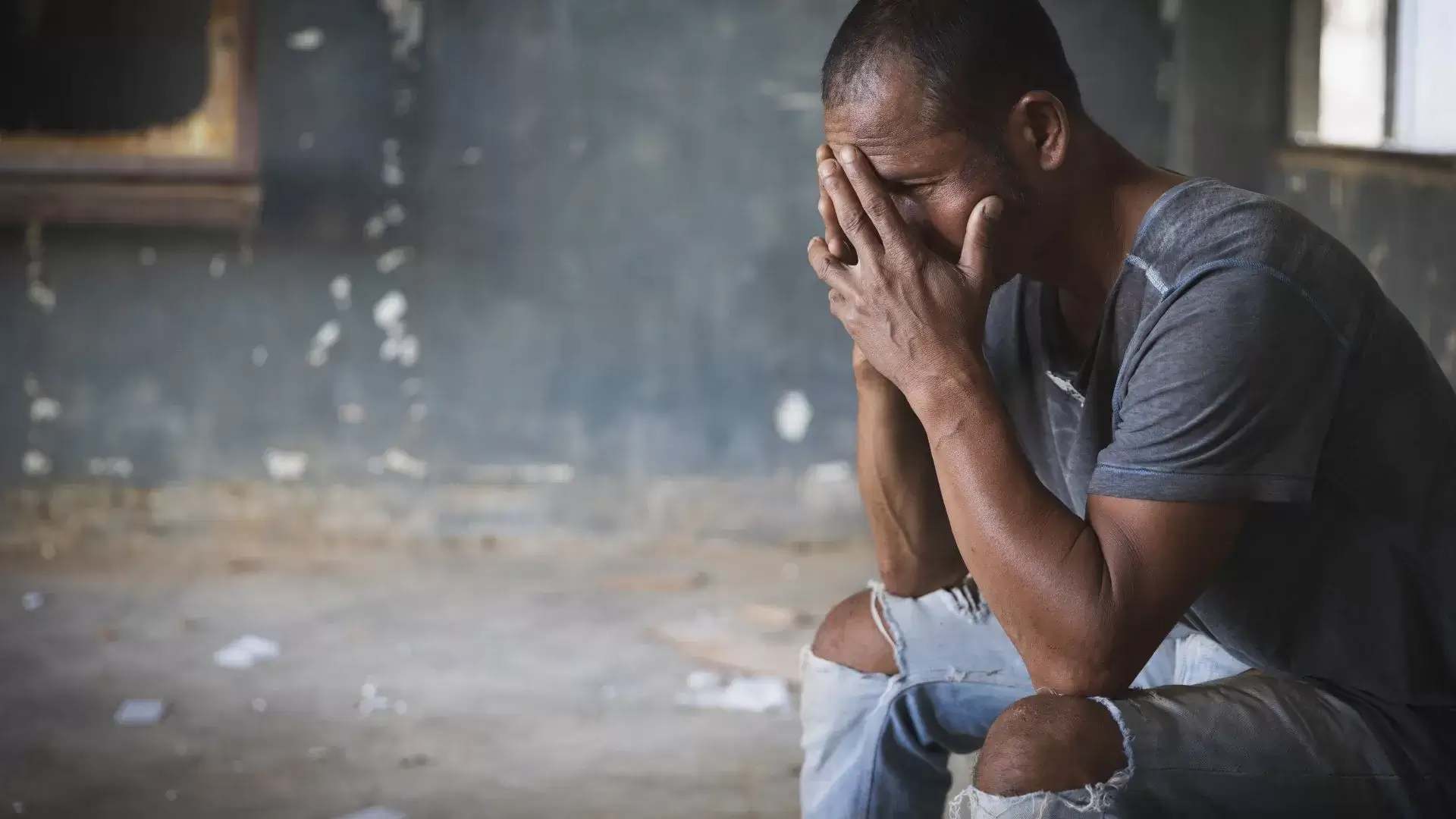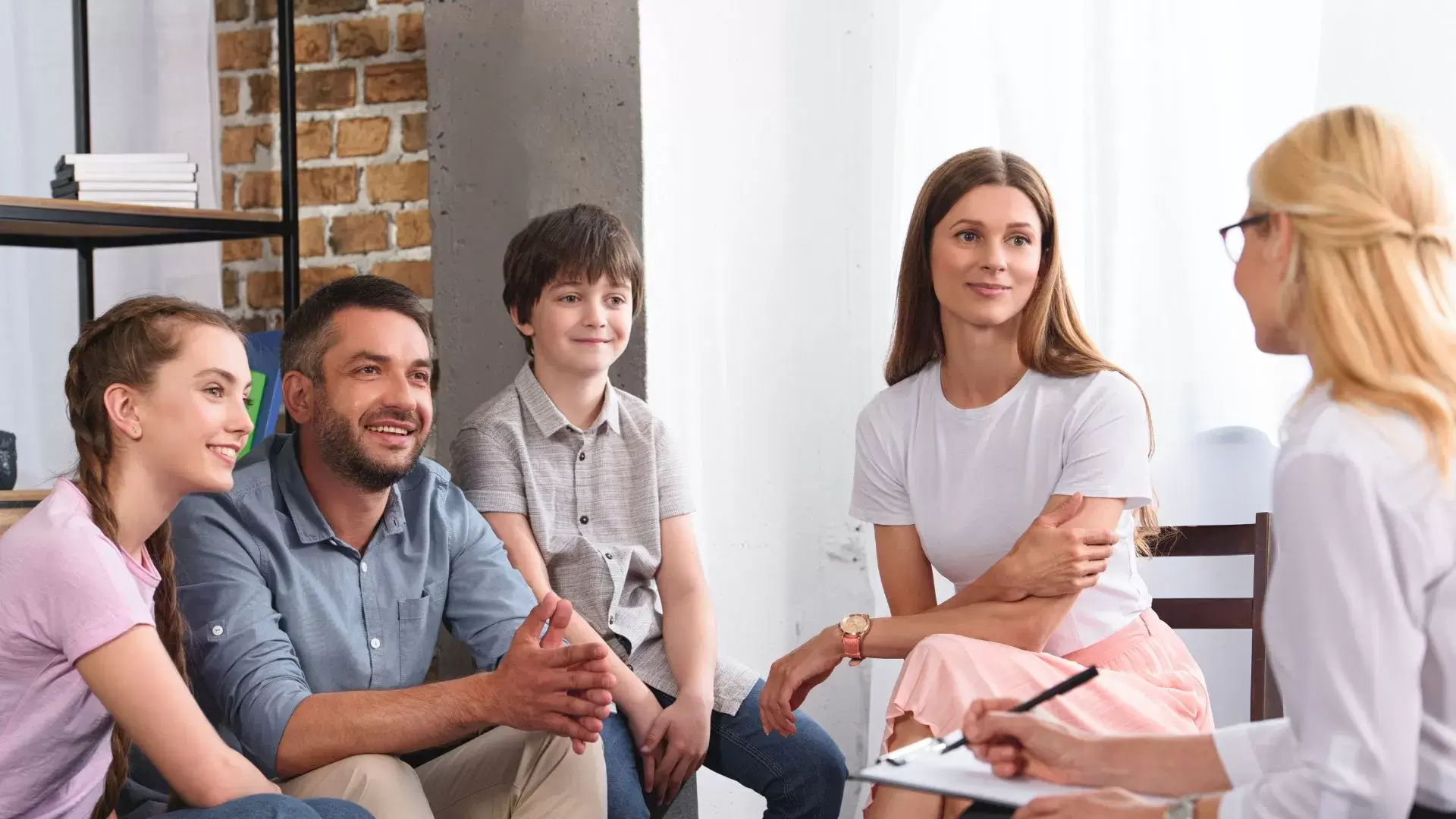Supporting a loved one struggling with drug addiction requires our compassion and understanding. We must educate ourselves about addiction, recognizing it’s often tied to deeper emotional issues. It’s important to communicate openly, using inclusive language to foster connection. While we offer support, we also need to prioritize our well-being by setting boundaries and seeking our own support. Celebrating small victories in their recovery can help build confidence. Remember, it’s a journey for both of us, and we’re not alone in facing these challenges together. There’s so much more to learn to effectively navigate this difficult path.
About Oakville Psychotherapist
At Oakville Psychotherapist, we recognize the complexities of supporting a loved one struggling with drug addiction, and we’re here to provide compassionate guidance tailored to your unique situation. Our dedicated team understands the emotional turmoil and confusion that can arise when someone we care about is facing addiction.
We believe that every journey is different, and we tailor our approach to meet the specific needs of both the individual battling addiction and their loved ones. Located at 243 North Service Rd W #106F, Oakville, ON L6M 3E5, we offer a safe and welcoming environment where you can explore your feelings and concerns without judgment.
The Impact of Drug Abuse on Family and Friends
How does drug abuse ripple through the lives of family and friends, often leaving them feeling helpless and overwhelmed? We find ourselves navigating a confusing emotional terrain, filled with fear, anger, and sadness. The person we love may change, making it hard for us to recognize them. We watch as they slip further away, and it’s natural to feel a sense of loss.
As we try to support our loved one, we often neglect our own well-being. Our relationships can become strained, leading to feelings of isolation. We might argue, blame, or even withdraw, thinking it’s easier to cope alone. It’s crucial to remember that addiction doesn’t just affect the individual; it casts a shadow over the entire family.
We can feel a whirlwind of emotions, including guilt for not doing enough, or frustration for feeling powerless. It’s important to acknowledge these feelings, as they’re valid. Seeking support from others who understand our struggles can provide much-needed relief and guidance. By banding together, we can create a stronger support system, fostering healing not just for our loved one, but for ourselves as well.

Understanding Substance Abuse in Your Loved One
Understanding the complexities of substance abuse in our loved one requires us to look beyond the addiction itself and recognize the emotional and psychological struggles that often accompany it. Many times, our loved ones turn to substances as a way to cope with underlying issues like trauma, anxiety, or depression. This doesn’t excuse their behavior, but it helps us understand that addiction is often a symptom of deeper pain.
We need to remember that their journey isn’t straightforward. Relapses can happen, and it’s essential for us to approach these moments with compassion rather than judgment. We must also educate ourselves about the nature of addiction, which can change our loved one’s brain chemistry and decision-making abilities.

Recognizing the Signs of Drug Abuse in a Loved One
Recognizing the signs of drug abuse in a loved one can feel overwhelming, but being aware of the changes in their behavior, mood, and physical appearance can guide us in offering the support they desperately need. We should look for sudden shifts in their personality—are they more withdrawn, irritable, or anxious than usual? These emotional changes often signal deeper struggles.
We need to pay attention to their physical appearance as well. Weight fluctuations, poor hygiene, or unusual body odors can indicate substance use. Additionally, we should be on the lookout for secretive behaviors. If our loved one begins isolating themselves or avoiding social events, it might be a sign that they’re hiding something.
Changes in their social circles can also be telling. Have they started hanging out with new friends who seem to share unhealthy habits? This shift can be a red flag. Finally, we shouldn’t overlook financial issues—if they’re borrowing money frequently or seem to be in constant need, it could point to a serious problem. By recognizing these signs, we can better understand their struggles and prepare ourselves to help them when the time is right.

Approaching the Conversation: How to Talk About Drug Abuse
Initiating a conversation about drug abuse can feel intimidating, but approaching it with compassion and openness can make all the difference in supporting our loved one. We should choose a comfortable, private setting where they feel safe to express themselves. It’s essential to start the conversation without judgment; we can share our concerns gently, focusing on our feelings rather than accusing or blaming.
We might say something like, “I’ve noticed some changes in you, and I’m worried about your well-being.” It’s important to listen actively, allowing them to share their perspective without interruption. Validating their feelings shows that we care and understand their struggle. We shouldn’t rush to conclusions or offer solutions immediately; instead, we can encourage them to open up about their experiences.
Using “we” language can foster a sense of partnership. Phrases like “We’re in this together” can help them feel less isolated. Remember, our goal isn’t to solve everything in one conversation but to create a supportive environment where they feel secure enough to share. By doing so, we lay the groundwork for ongoing discussions about their needs and the possibility of seeking help.
Providing Support During Addiction Recovery
Supporting a loved one during their recovery from addiction requires patience and consistent encouragement as they navigate the challenges ahead. We can foster a positive environment by actively listening to their feelings and experiences without judgment. It’s crucial to remind them that recovery is a journey, and setbacks may occur. When we celebrate their small victories, we help build their confidence and motivation.
We should also educate ourselves about addiction and recovery processes. Understanding what they’re going through allows us to provide better support and empathize with their struggles. By attending support groups or therapy sessions with them, we demonstrate our commitment to their recovery and help them feel less isolated.
Encouraging healthy habits is another important aspect of our support. We can join them in activities like exercising, cooking nutritious meals, or participating in hobbies they enjoy. These shared experiences not only strengthen our bond but also reinforce their commitment to a healthier lifestyle.
Ultimately, our love and encouragement can make a significant difference in their recovery journey. Let’s be their cheerleaders, listening ears, and unwavering supporters, showing them that they are not alone in this fight.
Establishing Healthy Boundaries to Protect Yourself and Your Loved One
Establishing healthy boundaries is essential for both our well-being and that of our loved one as they navigate the complexities of addiction recovery. We need to recognize that boundaries aren’t about shutting someone out; instead, they help create a safe space for both us and our loved one to heal. By clearly defining what behaviors we will and won’t accept, we can foster an environment that encourages accountability.
It’s important for us to communicate our boundaries openly and compassionately. We can express our feelings and concerns without judgment, focusing on how certain actions impact our mental and emotional health. For example, we might say, “I feel overwhelmed when you use substances around me, and I need some time apart to process.”
We also have to be prepared for resistance. Our loved one may not understand or accept these boundaries at first, but sticking to them shows that we care about their recovery and our own well-being. By establishing these limits, we not only protect ourselves but also encourage our loved one to take responsibility for their actions and seek help. Remember, boundaries are a form of love, not a punishment.
Prioritizing Your Own Well-Being While Helping a Loved One
When we’re helping a loved one through addiction, it’s essential that we prioritize our own well-being to guarantee we can be effective and compassionate support. We can’t pour from an empty cup; if we neglect our own needs, we risk burnout and emotional exhaustion.
To maintain our well-being, we should carve out time for self-care. Whether it’s enjoying a hobby, exercising, or simply resting, these activities help replenish our energy and joy. We must also recognize the importance of setting boundaries. It’s okay to step back when we feel overwhelmed, ensuring we don’t lose ourselves in the process.
Connecting with supportive friends or family can be invaluable, too. Sharing our feelings and experiences not only lightens our emotional load but also reinforces our support system. We might also find it beneficial to educate ourselves about addiction, as understanding the struggle our loved one faces can foster empathy and reduce frustration.
Seek Help from Our Registered Psychotherapists
Reaching out for help from our registered psychotherapists in Oakville can provide us with the guidance and support we need as we navigate the challenges of a loved one’s addiction. It’s easy to feel overwhelmed, confused, or even hopeless when we’re trying to support someone we care about deeply. Our therapists understand these emotions and can offer us the tools to cope effectively.
By seeking professional help, we gain access to strategies that can help us communicate better with our loved ones. They teach us how to set healthy boundaries while still offering love and support. Therapists also provide a safe space for us to express our feelings, fears, and frustrations, which can be incredibly cathartic.
Moreover, they can guide us in understanding addiction as a complex issue, helping us differentiate between the person we love and their addiction. This understanding fosters compassion rather than resentment.
Together, we can learn to navigate this difficult journey with resilience and hope. Let’s not hesitate to reach out for the support we deserve; we’re not alone in this, and help is just a call away.

If you liked this content and found it to be informative


